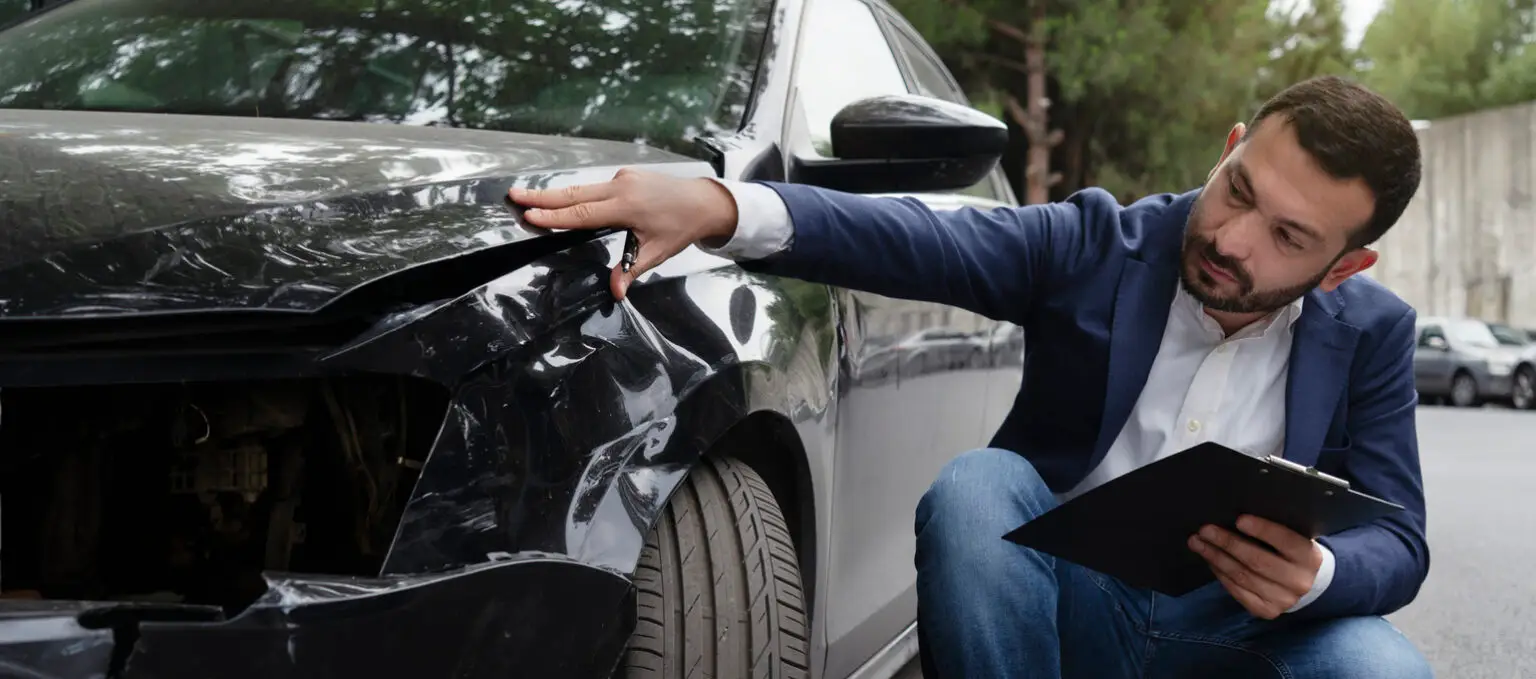For many drivers, a car isn’t just a way to get from point A to point B; it’s their “baby.” So it’s no surprise that when a fender bender happens, emotions run high. Depending on the damage, some people brush it off. In the moment, they may get angry and yell, but eventually drive away with their day ruined.
Many drivers, especially those new to the road, might ask, “what is a fender bender?” The truth is, even a minor accident can cause problems far beyond a dented bumper. From unexpected repair bills to hidden injuries and legal penalties, the consequences often reach farther than most drivers expect.
What is a Fender Bender?
While incidents involving injury or death are labeled as “accidents,” minor collisions are often referred to as “fender benders.” These usually involve low-speed impacts that cause dents or scratches. In most cases, the vehicle remains drivable, and injuries are either absent or not immediately noticeable.
Drivers usually encounter fender benders in situations like:
- Rear-end collisions at stoplights or in heavy traffic.
- Parking lot accidents while pulling into or backing out of a space.
- Low-speed side swipes when merging into a lane without enough clearance.
- Rolling collisions in residential areas or drive-thrus
Because the damage seems minor, many drivers dismiss the incident as a frustrating inconvenience. But once you understand what a fender bender is under California law, it becomes clear that it is still legally considered a car accident.
How Minor Accidents Can Lead to Major Consequences
Most drivers want to avoid the hassle of exchanging information or involving law enforcement, and try to handle it informally. But even if the damage looks minor, problems can be hiding beneath the surface. Minor accidents can lead to major consequences when they are not handled properly. And when hidden damage or injuries are discovered later, insurance coverage often comes into question.
Will My Insurance Provider Cover Delayed Damages?
If any hidden damage or injury is discovered later, claims may be denied if the proper steps were not followed. California Vehicle Codes outline specific responsibilities after even minor crashes, and failing to comply can turn a small accident into a criminal matter.
- Vehicle Code 20001: Any injury resulting from an accident must be reported immediately. Failing to report can result in misdemeanor charges, or felony charges depending on the severity.
- Vehicle Code 20002: If property is damaged, drivers must stop and exchange information. If no one is present, a written note and follow-up with law enforcement is required. Violating this law is a misdemeanor, punishable by up to six months in jail and fines of up to $1,000.
- Vehicle Code 16025: Drivers are required to exchange their information after any collision. Failing to do so is an infraction that carries fines and complicates insurance claims. Many insurance policies also require all accidents to be reported, even minor ones, and avoiding this can result in denied coverage or dropped policies.
A fender bender may feel minor in the moment, but treating it lightly, or worse, leaving the scene, can create major legal and financial consequences. Taking the right steps immediately and knowing how to avoid a hit-and-run charge under California law is the best way to protect yourself from bigger problems later.
What You Can Do After a Fender Bender
A minor collision can feel overwhelming, which is why it’s important to know the right steps to take.
- Stay Calm and Stay Safe
Turn on hazard lights and move to a safe spot without obstructing traffic. Once parked, check for injuries. - Check for Injuries
Call 911 if there are any signs of injury. Remember that injuries like whiplash or concussions may not appear right away. - Call the Police
If someone is injured or killed, you must report the accident. Even if no one is hurt, having a police report can help with insurance disputes. - Exchange Information
Share your name, address, driver’s license, vehicle registration, and insurance details with the other party. - Document the Scene
Take photos of damage, license plates, and the crash location. Also note the time, weather, and road conditions. - Notify Your Insurance Company Promptly
Report every accident, regardless of how minor it seems. Failure to do so complicates claims and may result in your insurer dropping your coverage. - Seek Medical Attention
Get checked by a doctor, even if you feel fine. Some injuries appear hours or days later. A medical record can strengthen any insurance or legal claim.
Is it Worth Reporting a Fender Bender?
Knowing what to do after a fender bender starts with understanding what is a fender bender. That knowledge protects more than just your car, it protects you. Taking the right steps keeps you compliant with California law, supports your insurance claim, and safeguards your health. No matter how small the collision seems, handling it properly now is far easier than dealing with bigger problems later.
